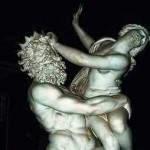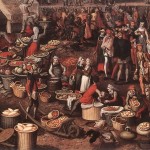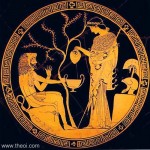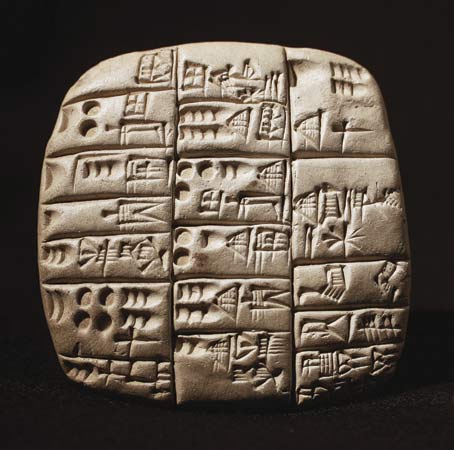Marriage was considered a legal contract where property, titles, and usually a dowery traded hands between families. Technically, love had very little to do with the transaction. However, love is a basic human need. Our ancestors certainly did seek affection and it played a HUGE role in their lives. So much, that they put it down in poetry, song, and artwork. The Greeks even identified four types of love: …Keep Reading
Despite popular belief, the people of the ancient near east and mediterranean were pretty dark. Skin color is determined by two factors, pigment and tanning. The more pigment, the darker your skin, and the better you flesh deals with intense sunshine. Thus, in places like Africa and the Mediterranean, humans adapted to have darker skin. And if you spent a lot of time outdoors, like they did in the ancient…Keep Reading
In Greece, sadly, not much. Women were considered property, the oikos under the guardianship of their kyrios: their fathers at first, then transferred to their husbands. They were barred from conducting legal transactions, unless their kyrios did it for them. They could own property, but only if specifically gifted to them, which allowed them to bequeath those objects thereafter. Aside from religious positions, they could not hold office or rule…Keep Reading
It’s easy to imagine our ancestors hanging around the great table, drinking wine, and devising plots to overthrow their kings and queens. It’s far harder to imagine what the daily life of an average person might be. When I was studying Classics back at Berkeley, I was surprised to realize how advanced the common person’s life truly was. Once a civilization gets past a basic level of survival needs, society…Keep Reading
Ah, the age old question. There is always a kernel of truth found within any myth or legend. Events or social morals that are important to a particular culture take on the form of these tales. The Bible is full of parables. What makes Greek Mythology so interesting is how flexible the tales are. One ‘story’ can be found with many different endings, and characters with different attitudes and traits….Keep Reading
The study of linguistics is fascinating…and one of the most difficult careers I can think of. Messengers, of various different spoken languages, would travel in person with both spoken communications and those written down. Writing began somewhere between Sumer and Egypt (let the historians fight that one out), and the first examples were non-alphabetical and looked like this: It’s called cuneiform, and it was used mainly for administrative reasons (tracking…Keep Reading
Chronology is probably the hardest concept to grasp when studying history. The names, kingdoms, and events we learn in history books can sometimes seem distant and unrelated. To help understand, historians have separated periods of time into Ages, mostly based on the tool technology of the time: Stone knapping was replaced with metal smithing. Bronze, a heavier yet softer material was replaced with Iron, then to Steel. It’s interesting that…Keep Reading








